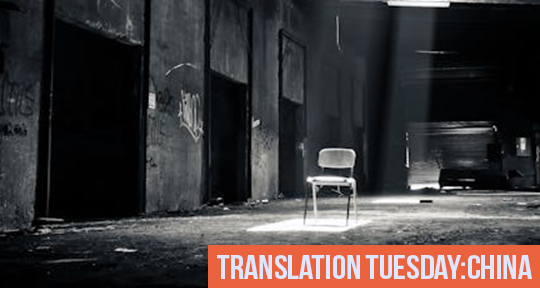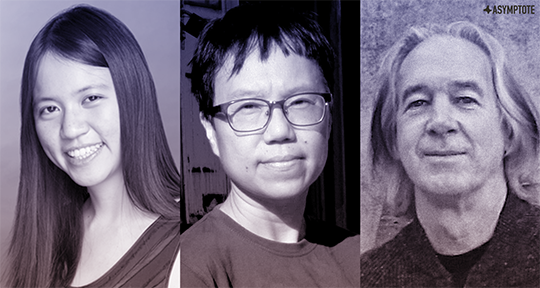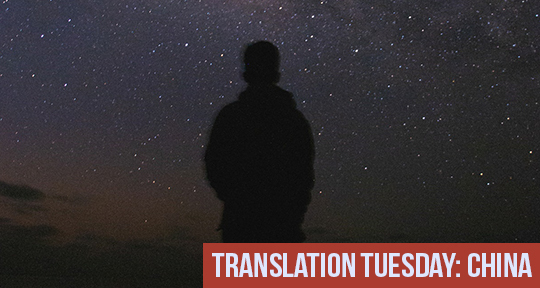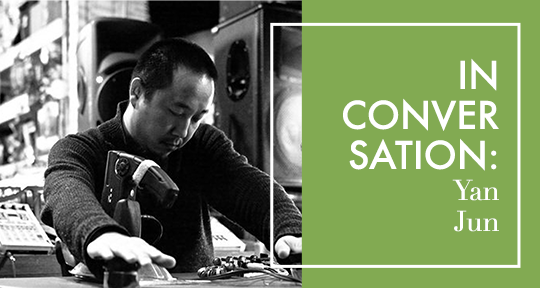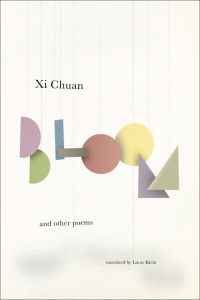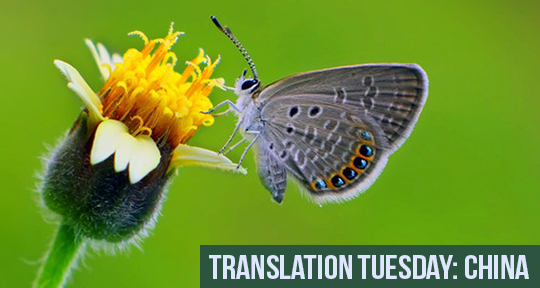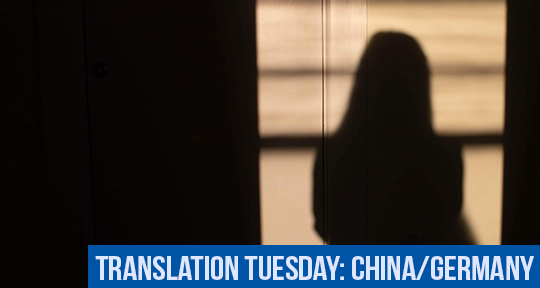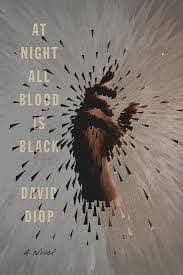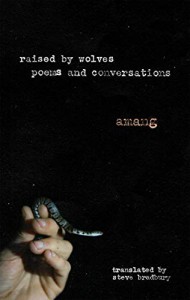If you’re unfamiliar with the work of Wen Yiduo, the renowned Chinese poet of the 1920s, these three poems demonstrate why he became a household name in his native country. The first, “Deadwater”, describes a backwater ditch, where the filth seamlessly transforms into images of ethereal beauty (“let the grease weave a layer of silk brocade / where germs brew a mist like twilit clouds at dusk”). In the second, “Silent Night”, the speaker’s comfortable domestic life can’t obscure the knowledge of suffering outside, piquing a deep indignation at the unfairness of the world. Finally, “End of Days” imagines the dull wait for death, consumed by loneliness and dread. All three are suffused with Wen’s trademark kaleidoscope of devout aestheticism, deeply intellectualized formalism, and raw patriotism.
While this selection of poems have been translated into English before, translator A. Z. Foreman‘s innovative adherence to a strict rhyme scheme draws out the poet’s original intention. Wen, a key figure in the “formalist school” of Republican China’s poets, didn’t care for much free verse and long rejected the idea that Chinese poetry should be in free verse at all. The basis of his poetic vision is not freedom but beauty, a beauty inspired by the English romantics and the formalist concept of “dancing in chains.”
Deadwater
This is a dead ditch rank with despair’s backwater.
A brisk wind can’t raise a ripple from its skin.
Why not junk some more scrap tin and copper here,
or dump your rotten dinner leftovers in.
Maybe the copper will turn to an emerald green,
and peach blossoms bloom out of the tin pots’ rust.
Then let the grease weave a layer of silk brocade
where germs brew a mist like twilit clouds at dusk.
Let the dead ditchwater ferment to green liquor
bubbling up floating pearls out of its white foam,
little pearls growing to bigger pearls in chuckles
that burst when liquor-raiding mosquitos come.
And so a dead ditch rank with despair’s backwater
can claim something lively, bright and all its own.
If the frogs here can’t handle the solitude
this stagnant muck can gurgle them up a tune!

